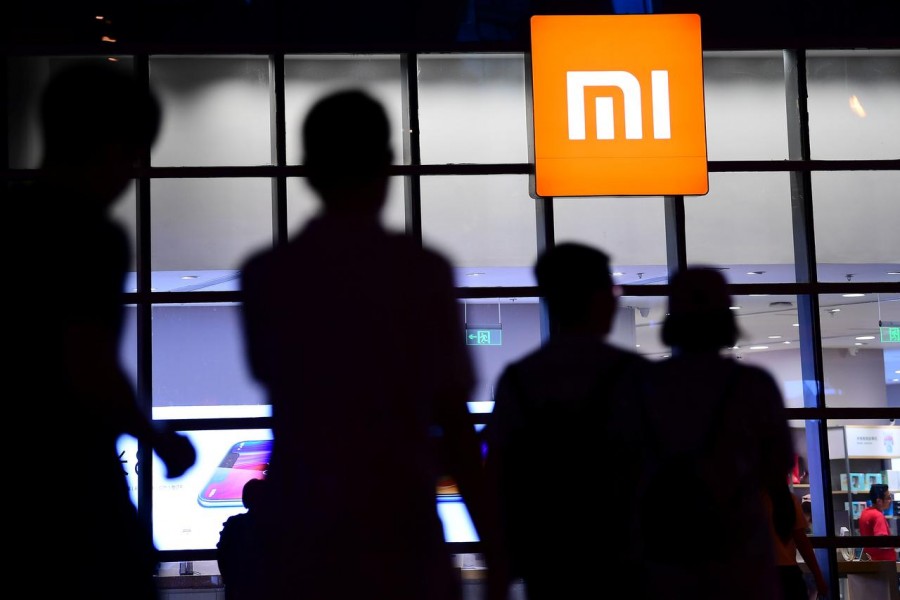Smartphone maker Xiaomi Corp's second-quarter revenue rose a record 64 per cent from a year earlier, it said on Wednesday, announcing the purchase of an autonomous driving startup as it prepares to expand into the competitive market.
Sales reached 87.8 billion yuan ($13.56 billion), up from 53.54 billion a year earlier and beating analyst expectations of 84.53 billion yuan.
Net income reached 6.32 billion yuan, up 87.4 per cent year on year and above analyst expectations, reports Reuters.
US government sanctions against Xiaomi's rival Huawei Technologies effectively crippled the tech giant's smartphone division and has allowed Xiaomi, along with Chinese Android makers Oppo and Vivo, to grow their market shares.
Xiaomi's share of the global smartphone market grew 83 per cent year-on-year in the quarter, ended in June, according to research firm Canalys. It shipped 52.8 million phones, making it the world's second top-selling brand for the first time in its history, behind Samsung and ahead of Apple.
Domestically, however, the company still ranks behind Oppo and Vivo in terms of raw unit shipments.
On Wednesday Xiaomi also announced that it is acquiring autonomous driving startup Deepmotion for approximately $77.37 million, in a bid to boost its own R&D efforts in the area, the company's President Wang Xiang said.
In March, Xiaomi announced it would spend $10 billion to enter the electric vehicle sector. The company has yet to formally announce any partnerships or plans for its first model, though public posts on job-searching sites show the company is recruiting talent aggressively.
Last week Reuters reported that China Evergrande Group was in talks to sell its EV unit to Xiaomi. Xiaomi said it has been in touch with various automakers, but it has yet to decide which one to work with.
The company derives the vast majority of its revenue by selling mobile handsets, but it also makes money by selling online ads and other types of consumer hardware.
Growth in Xiaomi's internet services unit, which makes money primarily by placing ads across various apps, grew 19.1 per cent year-on-year.


